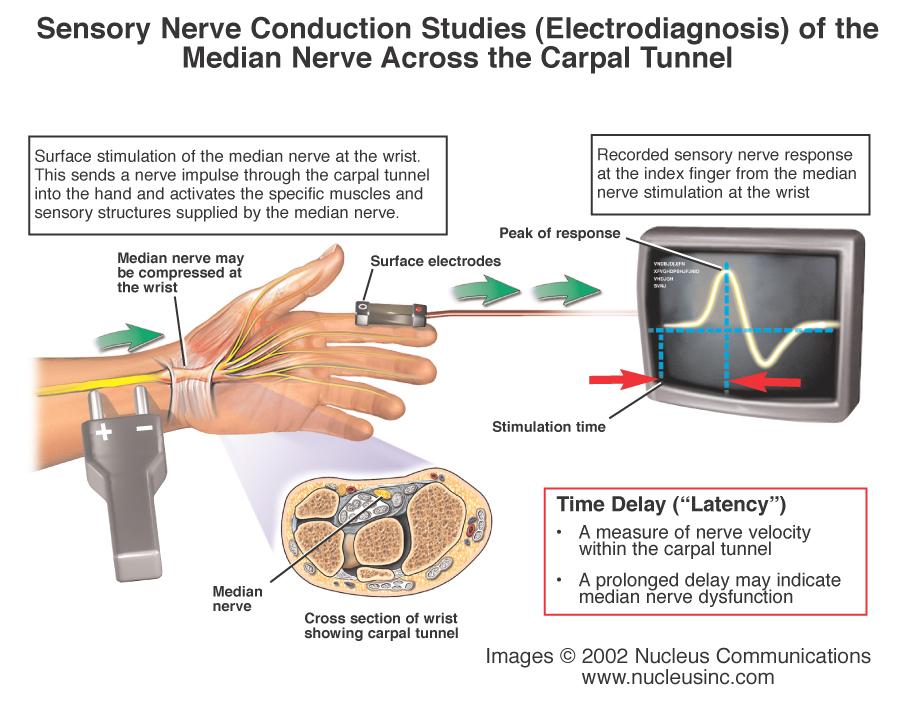Electromyogram (EMG) - Health Tips
Get practical tips regarding Electromyogram (EMG) to help you prepare for your appointments and manage your care from home.

Thoughts on Electromyogram (EMG) by Dr. Richard Seroussi, MD
February 2021
Nerve conduction studies (NCS) and electromyography (EMG) help verify if your symptoms stem from a nerve or muscle injury.
What is Electromyography (EMG)?
- Electromyography (EMG) translates to "the writing down of the electrical activity of muscle." It is similar to the electrocardiography (EKG) for the heart. To sample muscle electrical activity, a small needle electrode-—much smaller than a standard needle for drawing blood-—is inserted into a muscle. You may be asked to contract the muscle. This procedure may be repeated for a few or for a number of your muscles.
- The electrode is connected to a computer for analysis.
What is NCS?
- Nerve Conduction Studies (NCS) measure how fast nerve impulses travel within your body. A blockage may indicate nerve injury. This diagram shows the NCS procedure for detecting carpal tunnel syndrome.

See larger image - The doctor presses a surface electrical stimulator on your skin overlying a specific nerve and then stimulates the nerve with a brief electrical pulse.
- Surface electrodes are placed over a muscle or patch of skin (supplied by the nerve) to detect the response.
What should you expect from the procedures?
- Prior to the test you can eat and take your usual medications.
- With NCS, you may feel sensations similar to static electricity as well as twitching of muscles. Most patients have good tolerance of these sensations.
- For the EMG, some patients have no discomfort, while others may have some level of pain when the electrode is placed within the muscle. If you're anxious about this procedure, call our office and we may be able to pre-medicate and help sedate you. You must be accompanied by a designated companion and driver.
- When the examination is over, there is usually no further discomfort. Afterwards, we generate a typed report. Your doctor uses this report with other information to help decide a treatment plan.
Thanks to Nucleus Communications and Sondra Kornblatt for help with design and content of this handout.
3213 Eastlake Ave. East, Suite A • Seattle, WA 98102 • 206-861-8200 (W) • 206-324-1178 (F)